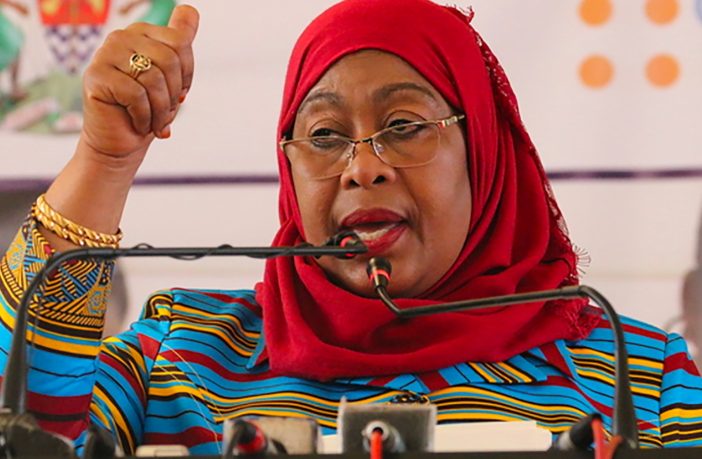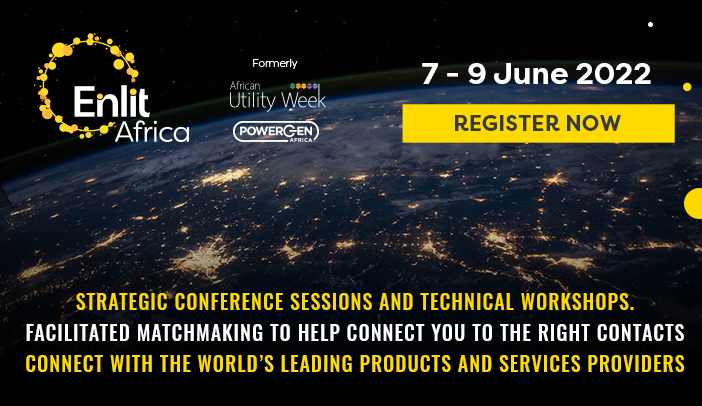- The President of Tanzania, Samia Suluhu Hassan has stated that the country has a goal of producing 6,000MW from renewable energy by 2025.
- The President said the electricity will be produced through renewable sources including hydropower, solar and wind projects.
President Hassan made the revelation in the US on Monday during a discussion themed “A New Day for US-Tanzania Relations,” which was hosted by President and Chief Executive Officer of the Wilson Centre, Ambassador Mark Green.
According to Daily News, President Hassan mentioned some of the projects as Julius Nyerere Hydropower Project (JNHPP) which is expected to produce 2,100MW upon its completion as well as the envisaged Ruhudji and Rumakali hydropower projects anticipated to produce 358MW and 222MW, respectively.
The Head of State told the audience during the discussion that Tanzania also has a target to produce between 600MW and 700MW of electricity from solar. “Tanzania currently produces electricity from natural gas and also plans to tap energy from wind. There are also studies being undertaken to generate electricity from geothermal sources,” President Hassan stated.
Amid the shortage of natural gas due to the Russia-Ukraine conflict, she is confident that Tanzania can be among suppliers of the energy resource as many countries are now looking to diversify their energy mix.
Meanwhile, the President said the sixth phase government has made various legal and policy reforms aimed at embracing the private sector in spurring economic growth.
“Tanzania is ready to take off. We are open to anyone in the world willing to invest with us and are embracing the private sector. I believe the private sector can cause growth within the country,” she remarked.
She added: “Economic growth is about working closely with the private sector since it has a significant role in attracting FDI’s (Foreign Direct Investments).”
President Hassan pointed out that the reforms have enabled Tanzania to significantly boost the value of investments from just $1 billion during the fiscal year 2019/2020 to a staggering $8 billion during the financial year 2020/2021.
The Head of State noted further that the government of Tanzania is changing its model of cooperation with the US from being dependent on aid and instead focusing on aid to trade.
“We are now charting a new model on trading for mutual benefits of the two countries rather than depending solely on aid as it has been the case in the past,” she declared.
President Hassan told the audience at the meeting that she had fruitful discussions with the Vice-President of the US, Kamala Harris, in which they agreed on cooperation toward socio-economic development.
The Wilson Centre Africa Programme Director, Monde Muyangwa, said the organisation works to address the most critical issues facing Africa and enhance relations between the continent and the US.
She explained further that the organisation works to build mutually beneficial relations between Africa and US.
Author: Nomvuyo Tena
Nomvuyo Tena is a Content Producer at Vuka Group and is as passionate about the energy transition in Africa as she is about music and Beyonce.
This article was originally published on ESI Africa and is republished with permission with minor editorial changes.













